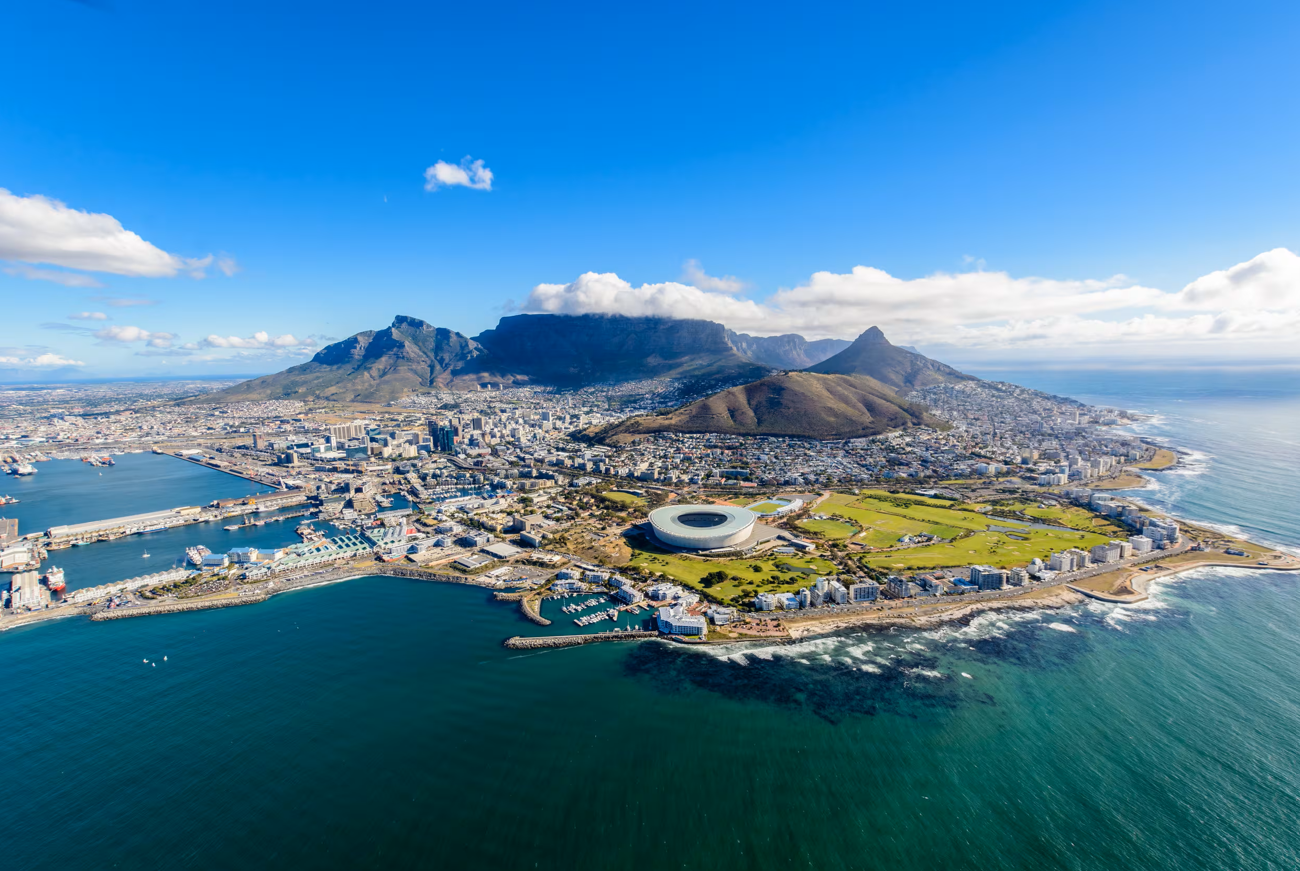At a Glance
- South Africa focuses on luxury accommodations and world-class attractions.
- Digital marketing enhances global visibility for tourism.
- Infrastructure upgrades target accessibility and rural tourism.
Tourism in Africa is a booming sector with vast potential to drive economic growth and create jobs.
In 2024, international tourist arrivals across the continent increased by over 6 percent compared to 2019, when arrivals peaked at 69.9 million. South Africa leads Africa’s tourism and development rankings, setting the benchmark for quality experiences.
With breathtaking landscapes, rich cultural heritage, and unparalleled wildlife, Africa continues to captivate global tourists, solidifying tourism as a key economic pillar. In 2019, the sector contributed 6.8 percent to the continent’s GDP, underscoring its importance.
While Morocco, Egypt, and Kenya have long been iconic tourist hotspots, the industry is transforming. South Africa, leveraging its natural beauty and robust infrastructure, is positioning itself to dominate Africa’s tourism market by 2025.
South Africa’s Tourism Ambitions
South Africa envisions itself as the top destination for international and domestic tourist by 2025. The nation boasts diverse offerings, from iconic landmarks like Table Mountain to luxury safari experiences in the Kruger National Park. Coupled with modern infrastructure and a strategic location, South Africa is well-positioned to lead.
The government has implemented targeted strategies to elevate the country’s appeal, especially from India and China, as India accounts for 3.9 percent of all international visitors to South Africa – while China for only 1.8 percent.
Shore Africa explores South Africa’s ambitious plans to dominate Africa’s tourism industry by 2025, examining its strategic initiatives, opportunities, and challenges.
South Africa’s tourism infrastructure
World-class airports
South Africa’s world-class airports are pivotal to its tourism ambitions. OR Tambo International Airport in Johannesburg and Cape Town International Airport are major hubs, offering seamless connectivity to global destinations.
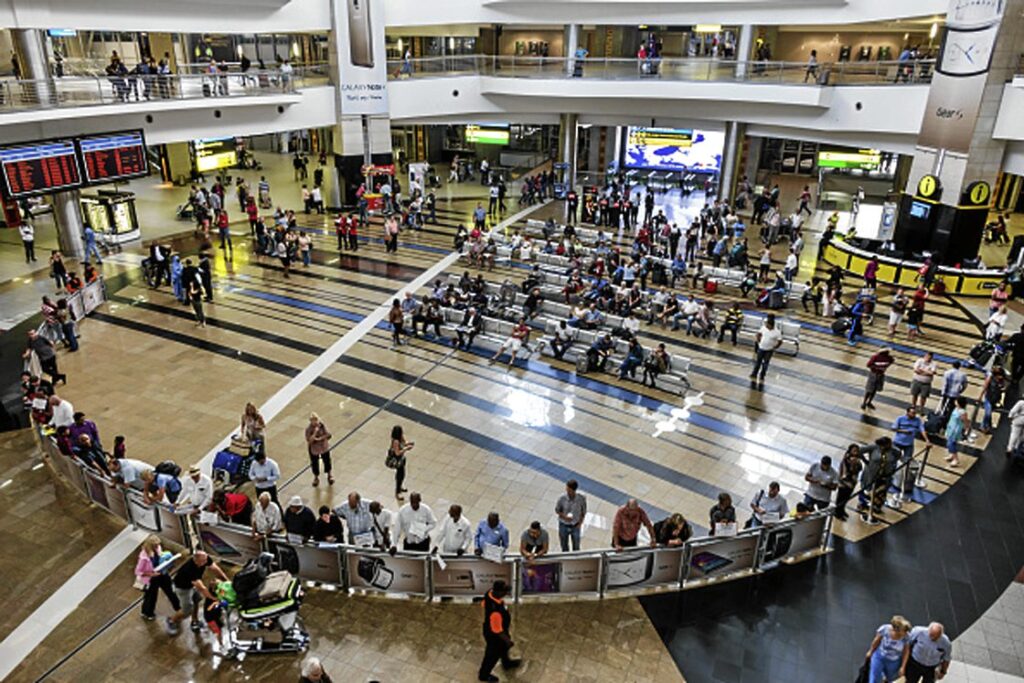
Both facilities are equipped with state-of-the-art amenities, ensuring a smooth travel experience for millions of passengers annually.
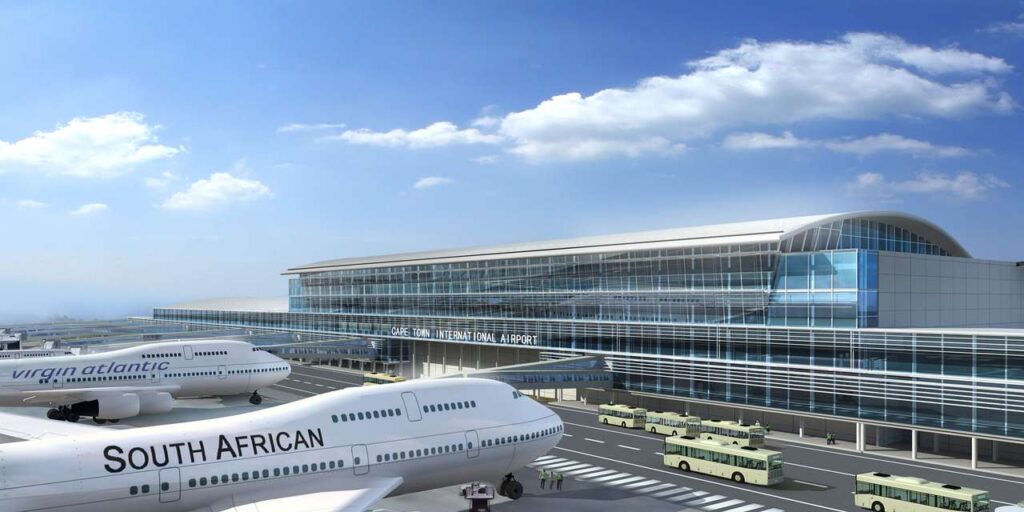
Planned expansions and improvements, including green initiatives, further enhance their appeal. Regional airports like King Shaka International in Durban also play a critical role in connecting domestic and international tourists to South Africa’s attractions.
Luxury accommodations
The country is home to a wide range of luxury accommodations that cater to high-end tourists. Five-star hotels such as The Saxon in Johannesburg and boutique game lodges like Singita offer world-class experiences.
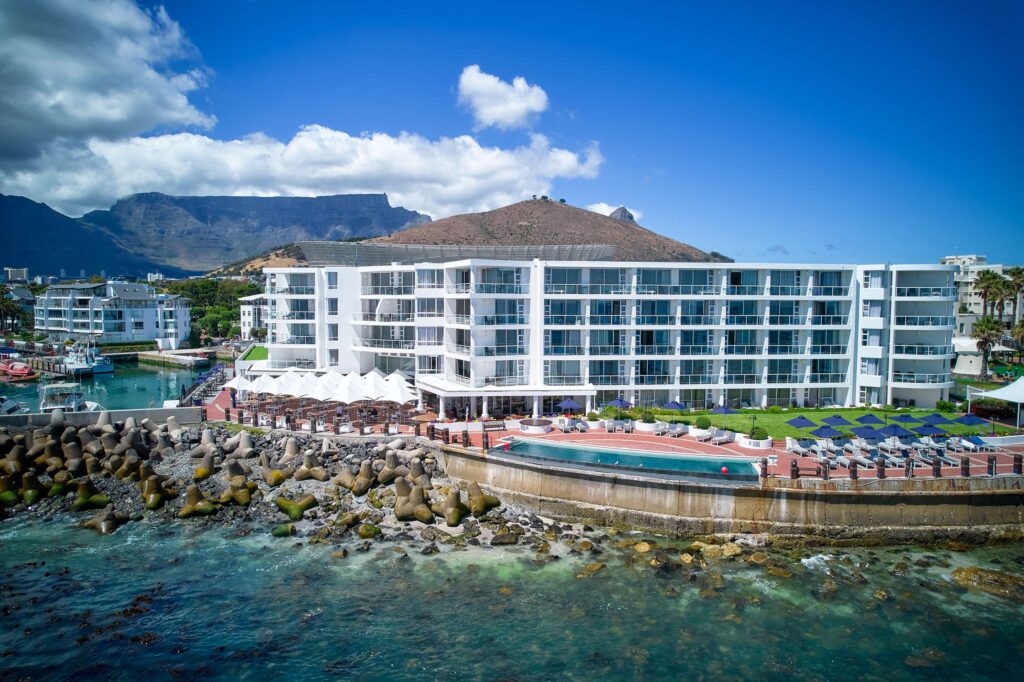
South Africa’s accommodations blend opulence with local charm, providing unique stays that reflect the nation’s culture and heritage.
The hospitality sector is also investing in eco-friendly practices, ensuring sustainability aligns with luxury, a trend increasingly demanded by discerning tourists.
Transportation networks
Efficient transportation networks are essential to South Africa’s tourism success. The country boasts an extensive road network, modern rail systems like the Gautrain in Gauteng, and reliable intercity bus services.
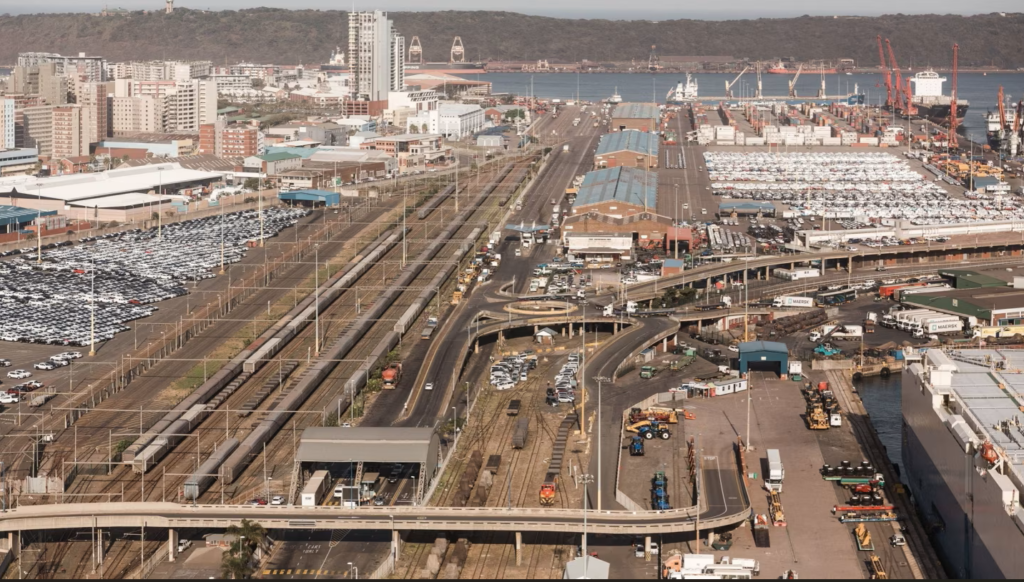
These networks make it easy for tourists to explore South Africa’s diverse regions, from urban centers to remote safari lodges.
Additionally, ride-hailing services and car rentals cater to independent tourists seeking flexibility. Plans to upgrade infrastructure in rural and underserved areas will further enhance connectivity and accessibility.
Unique attractions and experiences
Natural Wonders
South Africa is a treasure trove of natural wonders. Iconic landmarks like Table Mountain and Cape of Good Hope captivate visitors with breathtaking views and biodiversity.
The Kruger National Park, one of Africa’s largest game reserves, offers unmatched wildlife experiences, including the Big Five.

Coastal gems like the Garden Route and Boulders Beach, home to African penguins, further underscore South Africa’s natural allure, making it a must-visit destination.
Cultural heritage
South Africa’s rich cultural heritage sets it apart. Vibrant cities like Cape Town and Johannesburg offer a fusion of history, art, and cuisine, reflecting the nation’s diverse communities.
Township tours in Soweto provide insights into South Africa’s struggle for freedom, while rural areas showcase traditional customs and crafts.
Heritage sites like Robben Island, where Nelson Mandela was imprisoned, attract history enthusiasts.
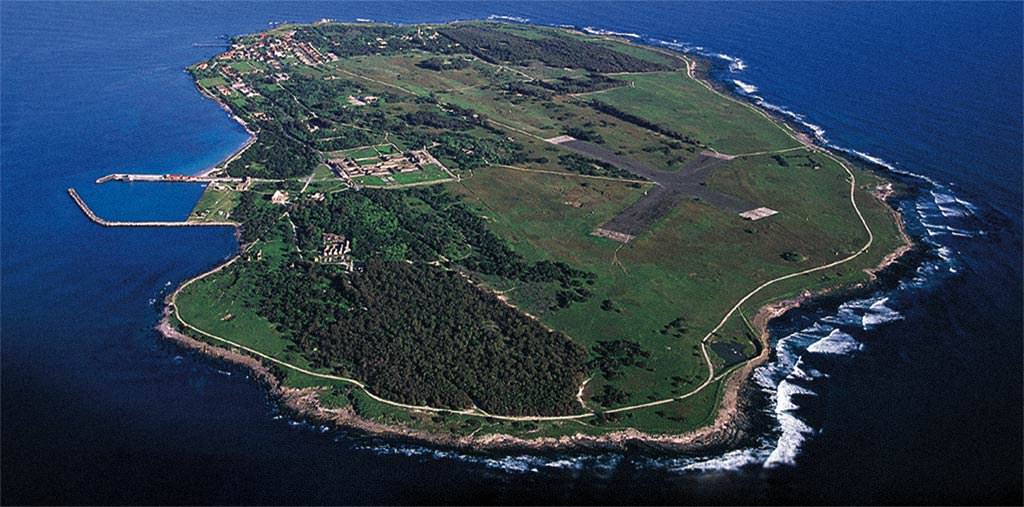
Together, these experiences promote cultural exchange and deepen visitors’ appreciation of South Africa’s identity.
Adventure activities
Adrenaline seekers find South Africa irresistible. The country offers diverse adventure activities, from surfing along the Wild Coast to hiking in the Drakensberg Mountains.
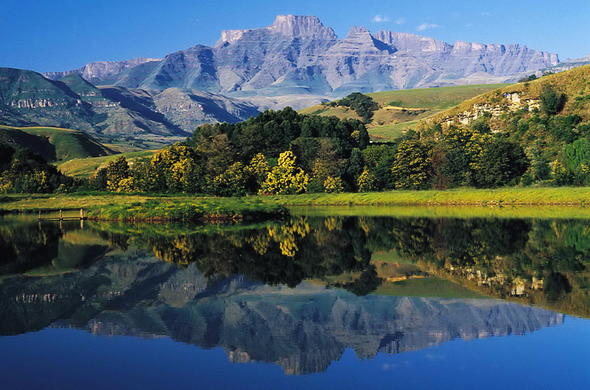
Thrill-seekers can enjoy bungee jumping at Bloukrans Bridge, cage diving with great white sharks, or hot-air balloon safaris over game reserves.
These activities cater to a growing segment of adventure tourists seeking memorable and exhilarating experiences.
South Africa’s comprehensive approach to dominating Africa’s tourism in 2025 includes leveraging infrastructure, promoting unique attractions, and deploying innovative marketing strategies.
Future prospects
The country’s tourism industry has immense potential, supported by growing global interest and strategic investments. However, addressing challenges like competition and infrastructure gaps remains vital.
Tourism is pivotal to South Africa’s economic growth, job creation, and cultural exchange. With its ambitious plans and remarkable offerings, South Africa is poised to redefine Africa’s tourism landscape by 2025.

